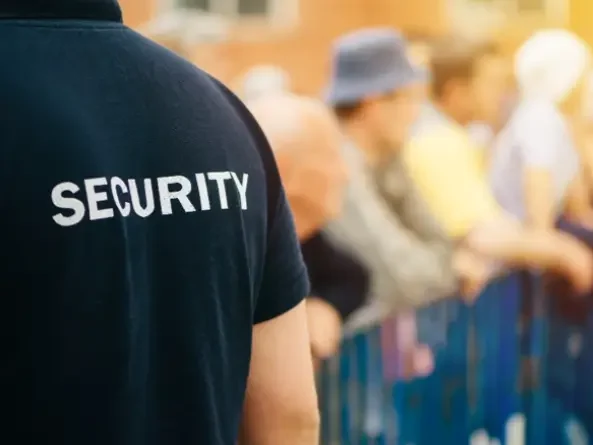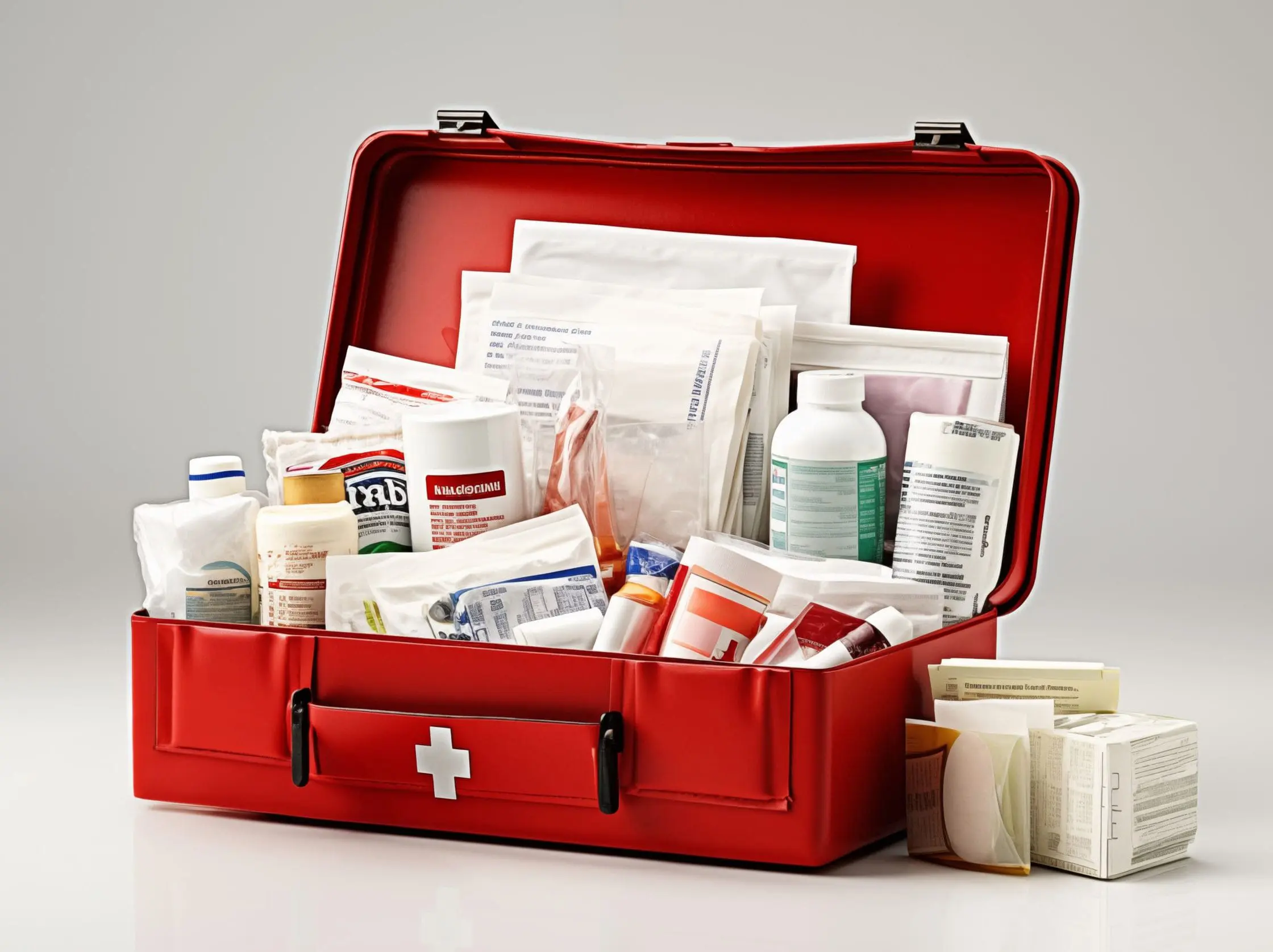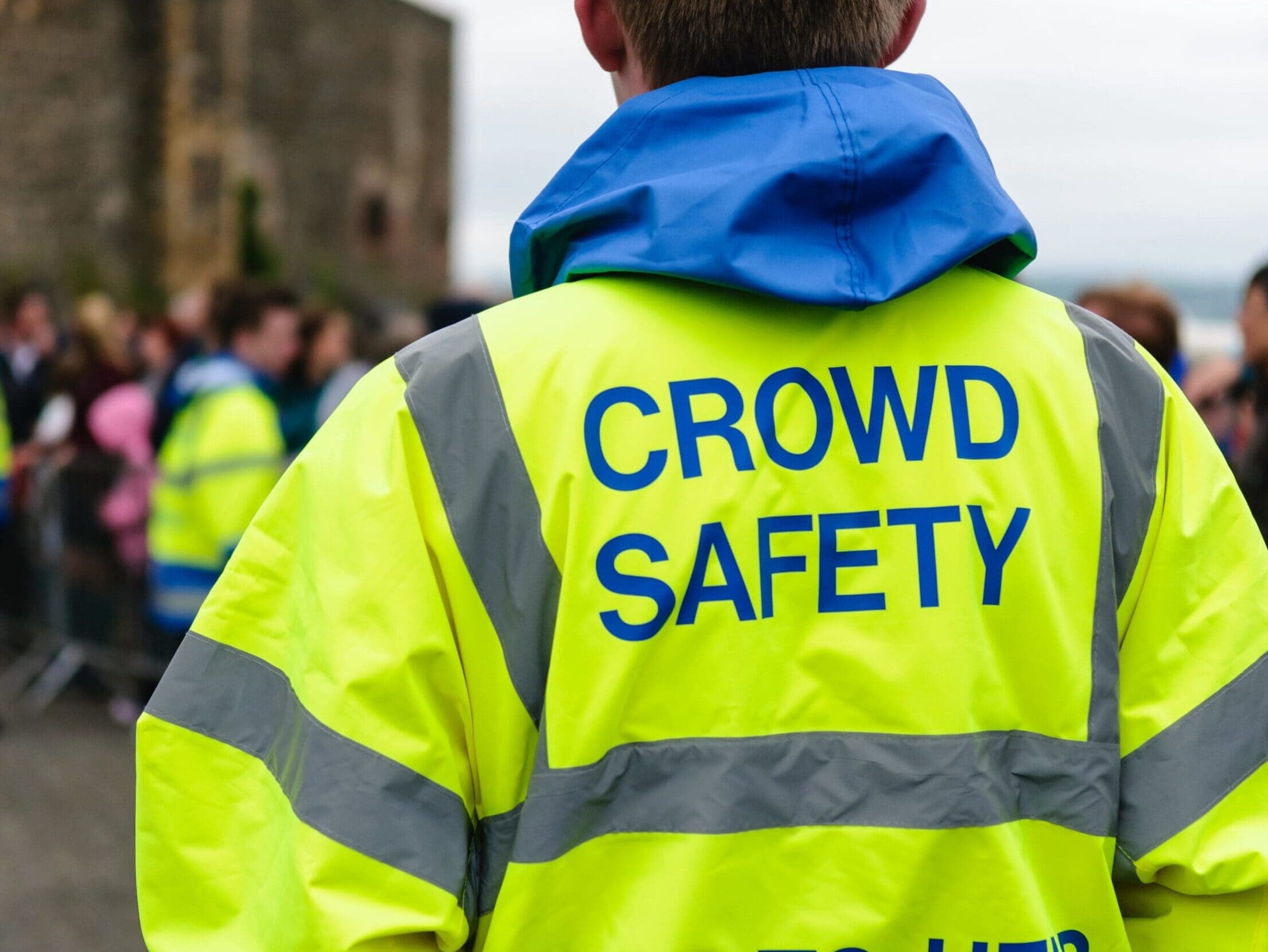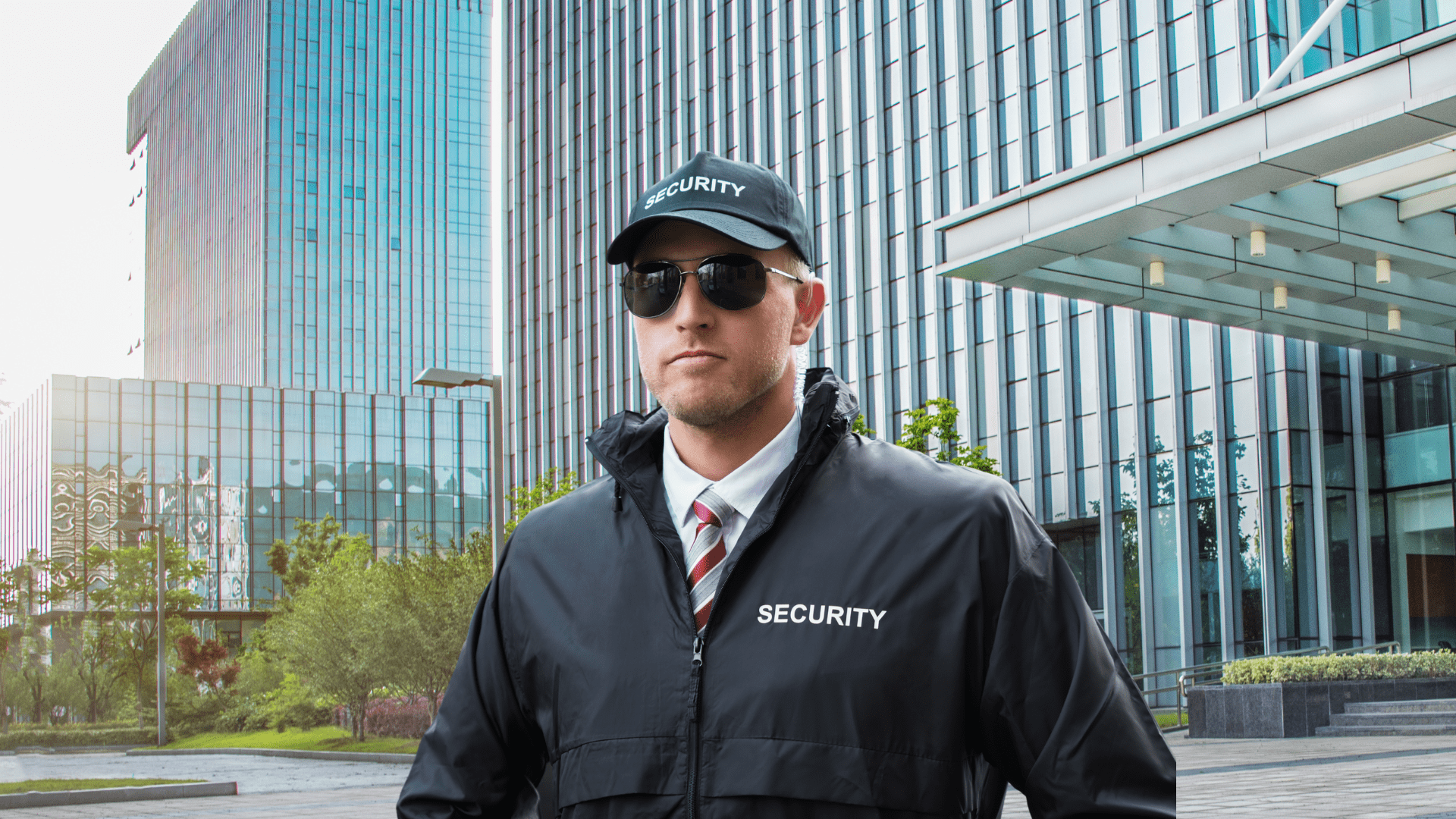As a venue manager or security supervisor in Queensland, your understanding and implementation of security compliance is crucial for patron safety, business protection, and avoiding hefty penalties.
However, there are always so many things that can skip our mind. What’s the correct ratio of guards to patrons? Does a guard need to carry his licence? Does the mistake made by on site security reflect on the venue? Can the venue be held liable for these mistakes? What are the fines and how to make sure to not be in the position to have to search that?
This comprehensive guide outlines key compliance issues and best practices to ensure your venue meets all regulatory requirements in Queensland.
Licensing and Documentation: Your First Line of Defence
Doesn’t matter if you are a venue owner, venue manager, duty manager or security supervisor; ensuring all security personnel have valid, appropriate licences is your responsibility. For instance, this is what “Non-restricted class-1 QLD security licence” looks like.
What’s important for you to know when regularly auditing security licences:
Licence Validity:
- Check expiration dates. This is the first thing that the licensing department will check.
- Check the validity of an individual licence with their licence number the the Office of Fair Trading website – License Check
- Conduct monthly spot checks to verify licence validity.
- Licence Accessibility:
- Instruct all guards to carry their licence at all times during shifts – this is a legal requirement.
- Include this requirement in your venue’s security procedures manual
- Appropriate Licensing:
- Familiarise yourself with different licence classes (e.g., unarmed guard, crowd controller).
- Match guard qualifications with required duties in your roster planning
- Maintain a database within an excel sheet or in a document of guards qualifications for easy reference
- If you have a guard with a restricted licence you must ensure to always have a supervisor monitoring them.
Remember, non-compliance can result in fines of up to $16,130 for a first offence, with subsequent breaches leading to higher penalties and potential venue closure.
Liability and Accountability: Protecting Your Business
As a venue manager, you’re accountable for your security team’s actions, even if they’re contractors. Key areas of liability:
- Excessive Force:
- Implement clear use-of-force guidelines – Lately venues have started implementing a strict written no-hands policy for their security to evade any lawsuits and fines.
- Ensure all guards are trained in appropriate physical intervention techniques
- Maintain detailed incident reports and review them regularly – Make sure there are no scribbled out reports. The report is to be written in clear concise words without any overwrites over already written material.
- Enforcing use of body cams – Having your security wear and use body cams is one of the best ways to ensure that any situation is handled in an appropriate manner.
- Discrimination:
- Provide comprehensive anti-discrimination training. Have a to-be-signed document ready that briefs every new and current guard that is working at the venue.
- Establish clear policies on fair treatment of all patrons. For example, during the Big Gay Day event a briefing is conducted for all security personnels which include members of the LGBTQAI+ community explaining how to treat the patrons fairly without any intentional or unintentional discrimination.
- Implement and communicate a robust complaint handling procedure
- Incident Prevention:
- Conduct monthly risk assessments of your venue
- Implement and regularly update preventive measures – This will include going through all the previous points made in the article, making sure the venue physically is in compliance with the proper signage, and copies of documents of the guards on site.
- Document all risk assessments and actions taken.
To mitigate these risks effectively:
- Verify all security personnel training and licences before engagement
- Develop a comprehensive security procedures manual
- Conduct regular pre-shift briefings to reinforce procedures and discuss potential issues
By addressing these areas proactively, you’re not just complying with regulations; you’re creating a safer environment for your patrons and staff.
Staffing Ratios for security: Ensuring Adequate Coverage of venue based on Patrons
For venues in Brisbane trading after 1am, you must maintain specific security to patron ratios:
| Number of patrons | Required crowd controllers |
| 1-100 | 1 |
| 101-200 | 2 |
| 201-300 | 3 |
| 301-400 | 4 |
| 401-500 | 5 |
| Every additional 250 patrons | +1 (minimum) |
To ensure compliance:
- Implement real-time patron counting systems – Most venues use a designated person with clickers. More often than not it is a responsibility taken up by the security team of the venue to keep count. However, there are a few venues that use advanced camera systems with facial locking that gives an exact number of people present in the venue at all given times.
- Develop flexible staffing plans to quickly adjust security numbers
- Maintain detailed records of patron numbers and security staff on duty
Failure to maintain these ratios can result in significant penalties, including licence suspension or cancellation.
Training and Skill Maintenance: Keeping Your Team Sharp
While individual guards are responsible for maintaining their skills, as a manager or supervisor, you play a crucial role in ensuring your team stays up-to-date. Encourage your team to regularly refresh their skills in:
By promoting ongoing training, you’re not only enhancing your team’s capabilities but also demonstrating a commitment to best practices in security operations.
Conclusion
Compliance in the security industry is a shared responsibility between venue management, security supervisors, and individual guards. By staying informed, maintaining high standards, and fostering a culture of compliance, you protect your business, your staff, and your patrons.
The cost of proactive compliance is always less than the price of reactive measures after a breach.
Invest in your venue’s security compliance today. Stay vigilant, stay informed, and remember that compliance is an ongoing process that requires constant attention and adaptation. Your commitment to these principles will set the standard for security excellence in Queensland’s vibrant nightlife scene.
All information and guidelines presented are based on recommendations from business.qld.gov.au. For the most up-to-date and comprehensive information, please refer to the official website.
View All Courses



